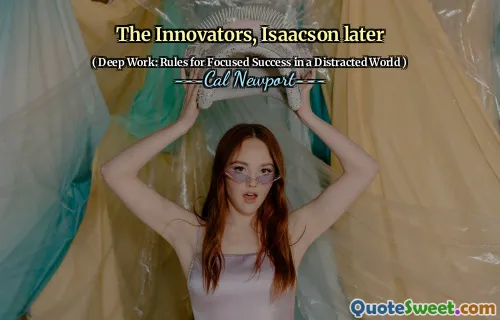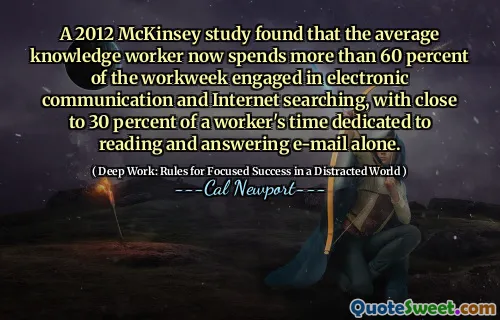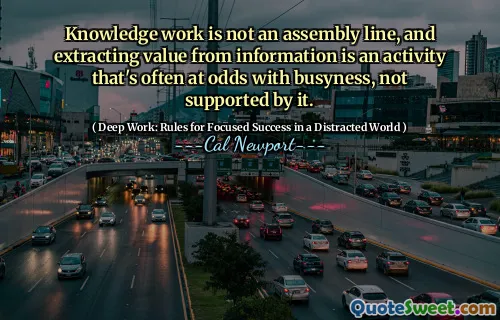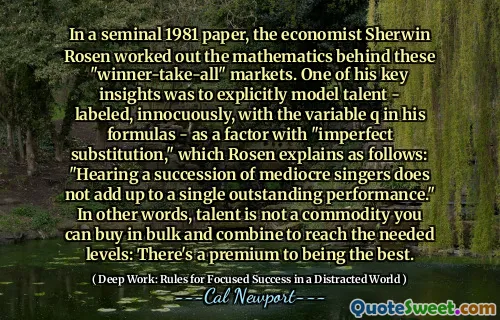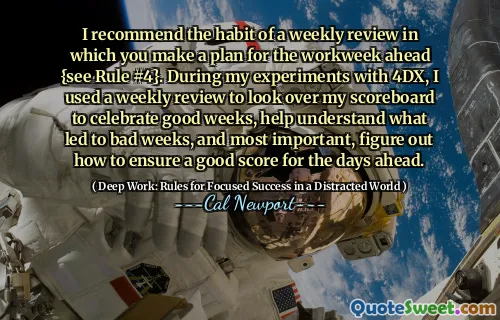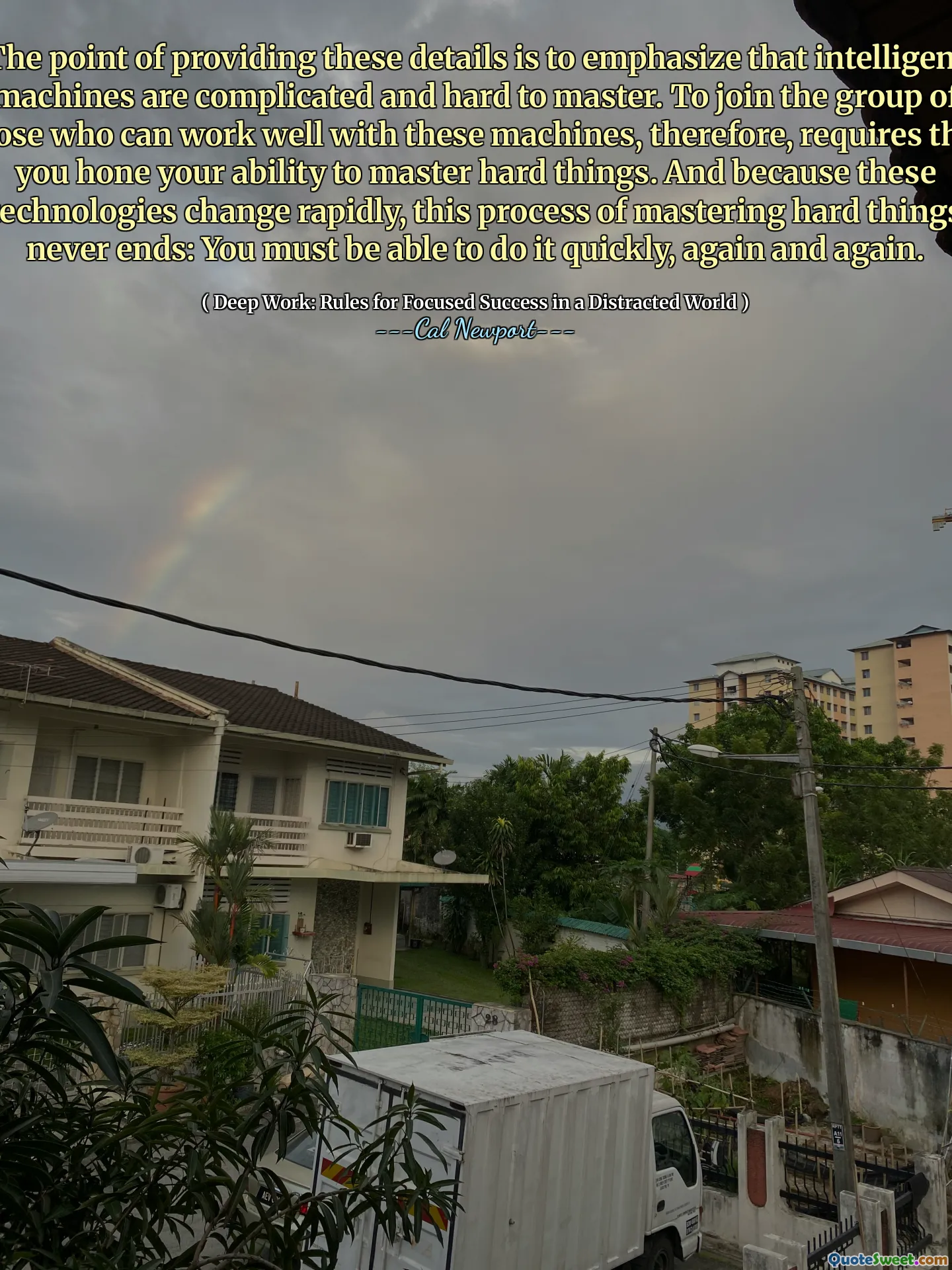
The point of providing these details is to emphasize that intelligent machines are complicated and hard to master. To join the group of those who can work well with these machines, therefore, requires that you hone your ability to master hard things. And because these technologies change rapidly, this process of mastering hard things never ends: You must be able to do it quickly, again and again.
The quote underscores a profound and ongoing challenge in the era of rapid technological advancement. Mastering intelligent machines isn’t a one-time achievement but a continuous journey that requires adaptability and perseverance. In a landscape where technology evolves swiftly, staying proficient demands not just initial learning, but an ongoing commitment to develop new skills and deepen understanding. This aligns with the concept that problem-solving, especially with complex systems, involves persistent effort and resilience. The emphasis on mastering hard things highlights that growth often comes from embracing difficulties rather than avoiding them—building the mental and practical skills necessary to navigate complex tools becomes crucial for success.
Reflecting on this, one can see the importance of cultivating a growth mindset that perceives challenges as opportunities for development. It also highlights the necessity of agility—being able to learn quickly and adapt to new tools or concepts with minimal delay. In professional and personal spheres, this entails continually updating oneself, seeking out new knowledge, and refining skills. In essence, the quote champions the idea that mastery over complex technologies is less about innate talent and more about sustained effort and learning agility. Consequently, this approach enables individuals to stay competitive, innovative, and effective amidst constant change.
Furthermore, this perspective encourages a proactive attitude towards lifelong learning. It suggests that those who view difficulty as a part of the growth process are better positioned to thrive in technologically driven environments. As tools and solutions evolve rapidly, the ability to learn and adapt quickly becomes a vital asset—one that separates experts from novices and positions innovators to lead change. The message is clear: mastering hard things repeatedly is not optional but essential in our fast-changing world, and the effort invested fuels long-term success.
